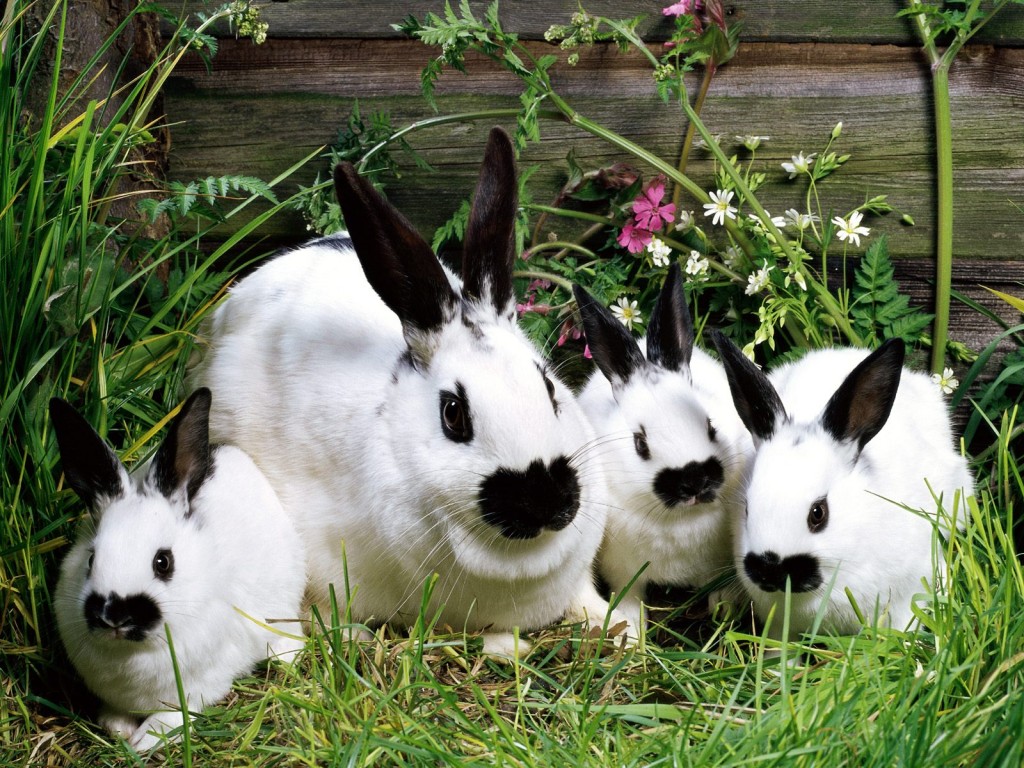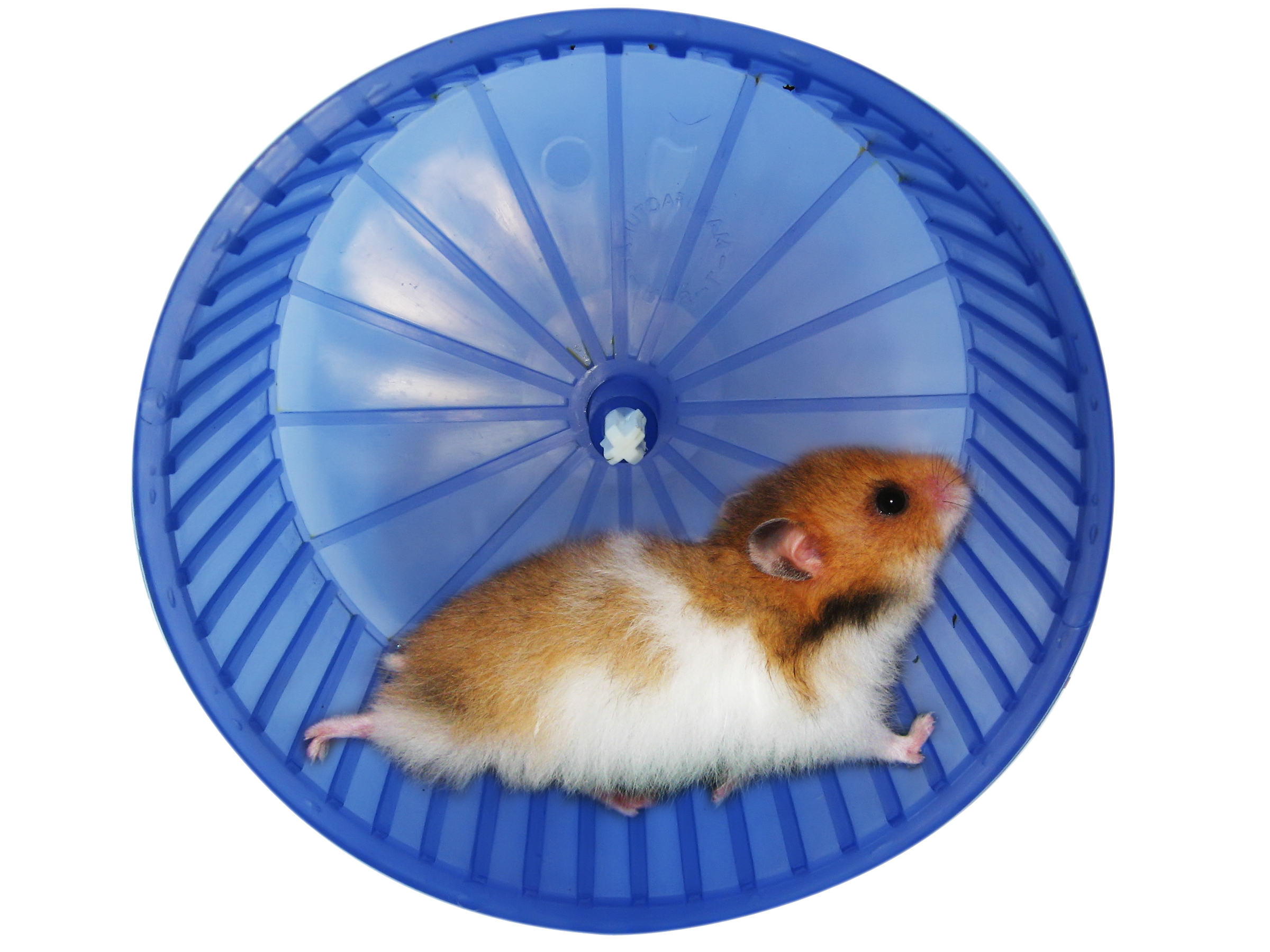DR. GWEN WOLLNEY PROVIDES CARE FOR SMALL MAMMALS AND REPTILES.
Care Sheet for Rabbits
Rabbits make wonderful pets but have some unique requirements that differ from cats and dogs. Here are some important tips to help you out.
Housing: Rabbits can be housed in outdoor hutches or indoor cages. Either method has some benefits and some problems. Outdoor cages must be protected from wind and severe weather and need to be secure from predators but provide excellent ventilation and are easier to clean. Indoor pets are safer from the elements but are at greater risk of electrocution and poisoning due to their tendency to nibble on things if not carefully supervised. It is hard to construct an indoor cage with adequate exercise room, so obesity is a hazard of indoor living. In either case your cage should be:
- Easy to clean
- Free of hazards such as sharp wires.
- Adequate to protect your bunny from other pets or wild animals.
Bedding: A well- supported wire bottom with an underlying catch pan is often ideal for rabbits. The floor must not sag, and the wire spacing must be close enough to support the foot well without injuring it. If you choose to use a solid floor, grass hay (such as good quality Timothy) makes an excellent bedding as well as spare munch food. Aspen chips or recycled paper bedding can also be used butavoid Cedar and Pine beddings which contain natural oils which can injury your bunny’s health.
Cleaning: Cleanliness is a good prescription for good health, and helps minimize parasite problems. Clean the cage, water bowls or bottles and food bowls regularly.
Placement of the cage: Your pet’s cage needs to be located in an appropriate place to avoid health problems. Things to consider:
- Temperature: the cage should never be allowed to overheat or chill, but be kept in an area with a very even temperature. Rabbits can withstand a wide range of temperatures if they have shelter from wind and weather. Indoor cages should be kept away from heat runs and windows. Outdoor cages should be sheltered from wind and be shaded from direct sunlight.
- Privacy. While Rabbits are more tolerant of human activity then many other cage pets, they do benefit from having a hide box, and not being exposed to excessively loud music.
Diet: Rabbits are grass eaters, and kept as pets, are prone to obesity from higher calorie concentrated food. Provide your pet with an ample supply of high quality grass hay such as Timothy (not alfalfa, which is too rich). Feed about ¼ cup of pellets for every 5 pounds of body weight (more if outdoors in the winter). You can add fresh greens, but add them gradually so your bunny doesn’t get diarrhea. (Be careful if picking your own to avoid weeds and areas treated with pesticides). Treats such as grains, seeds and fruit should be fed sparingly.
Special Health Concerns:
- Rabbits have very strong back legs and very fragile spines. If a bunny is picked up without support to its rear end, they can kick out in panic and break their own backs!! Always support the bunny buns when handling your rabbit. Check with a rabbit book or a veterinarian if you are unsure how to handle your pet, and never let young children handle rabbits unsupervised.
- Dental Problems: rabbit’s teeth grow continually, and if they do not line up properly, the top and bottom teeth will not keep each other in check. If your rabbit’s appetite drops off, or she starts drooling (you will notice wet fur around the mouth and chin), she should be checked by a veterinarian immediately.
- “Sore Hocks” are foot infections related to obesity, and dirty or improper flooring. This condition starts as a minor irritation, but can progress to a life threatening bone disease. Examine the bottom of your rabbit’s feet regularly, and have a veterinarian check any irritated areas.
- “Snuffles”: rabbits are susceptible to a chronic bacterial respiratory infection, which can be controlled but not cured. If you see any discharge around your pet’s nose or on their front legs visit your veterinarian to have it checked.
- “Night Stool” Rabbits produce a softer wetter stool at night, and a larger, drier feces during the day. This is normal. If all the stool produced is loose, and no normal droppings are seen, your pet should be examined and a stool sample checked for parasites.
- Hairballs. Rabbits cannot vomit, and are prone to problems when excess hair builds up in their digestive tract. Giving them enzyme tablets (pineapple enzyme, bromelain; or papaya enzyme, papain) a few times a week may help decrease this problem. Feeding plenty of grass hay will also help keep the digestive tract moving along well. A veterinary professional should check on any loss of appetite or decrease in stool production.
Further Reading:
The House Rabbit Handbook—How to Live With An Urban Rabbit by Marinell Harriman (Drollery Press, 1995) is an excellent reference.
Internet: There are numerous good sites on the internet, including one for the House Rabbit Society, but a word to the wise—not everything printed on the net is reliable or true. Whenever using the Internet, see where the information comes from and whether it agrees with other sources of information, before you take unknown advice from strangers.
















Social